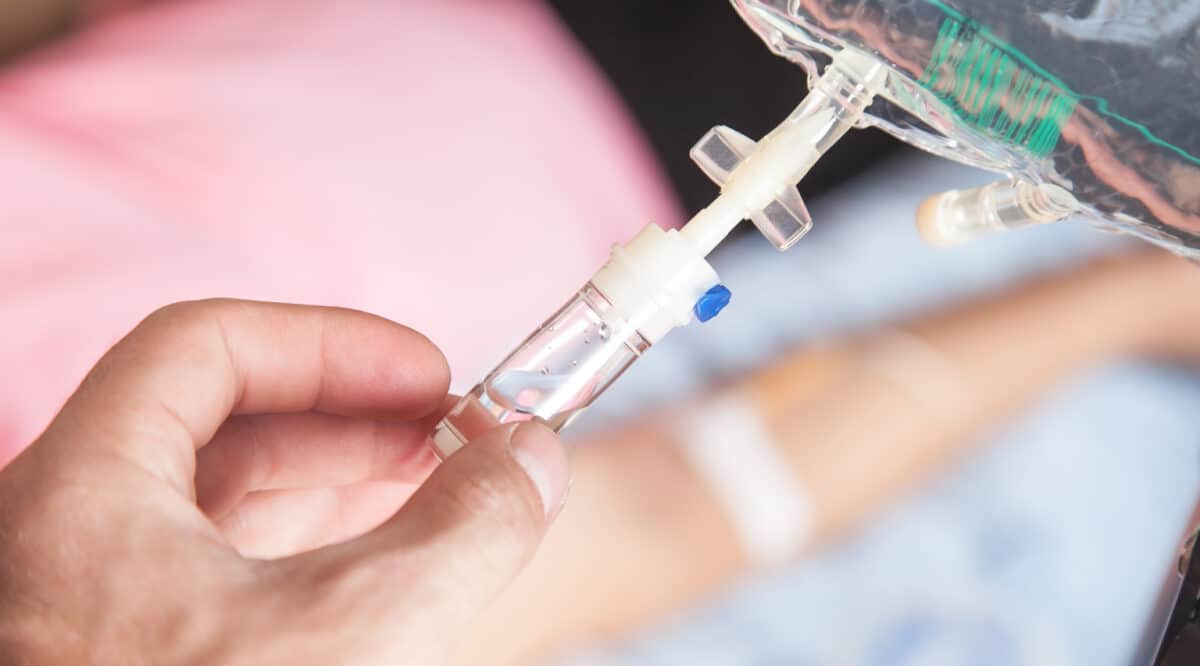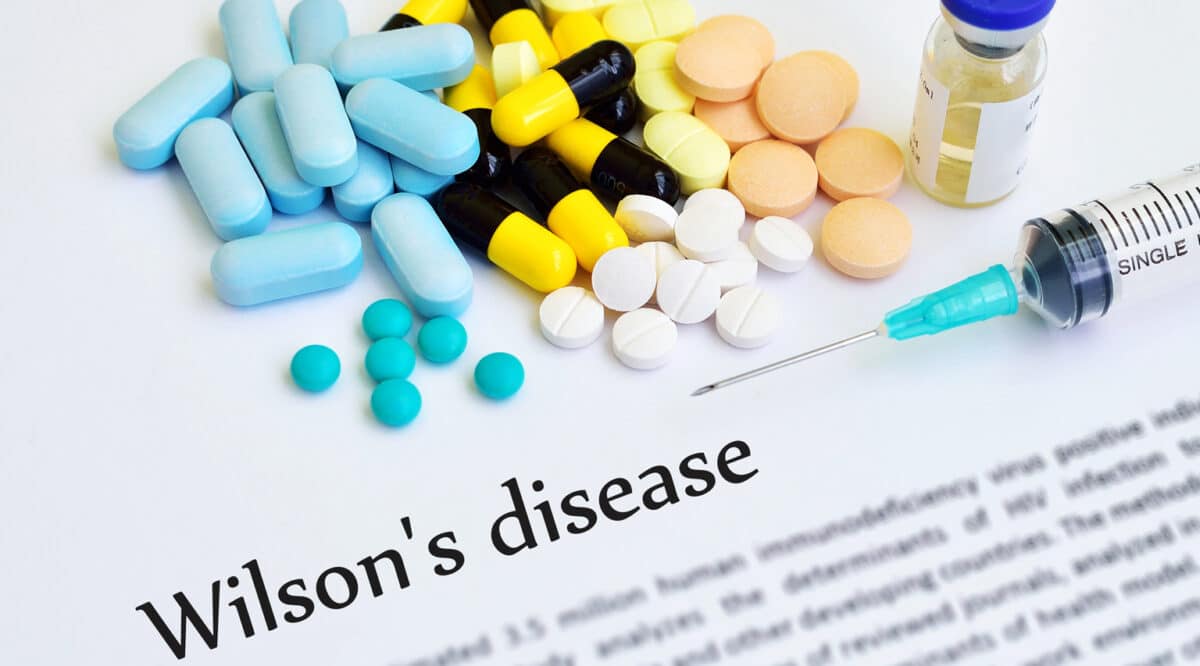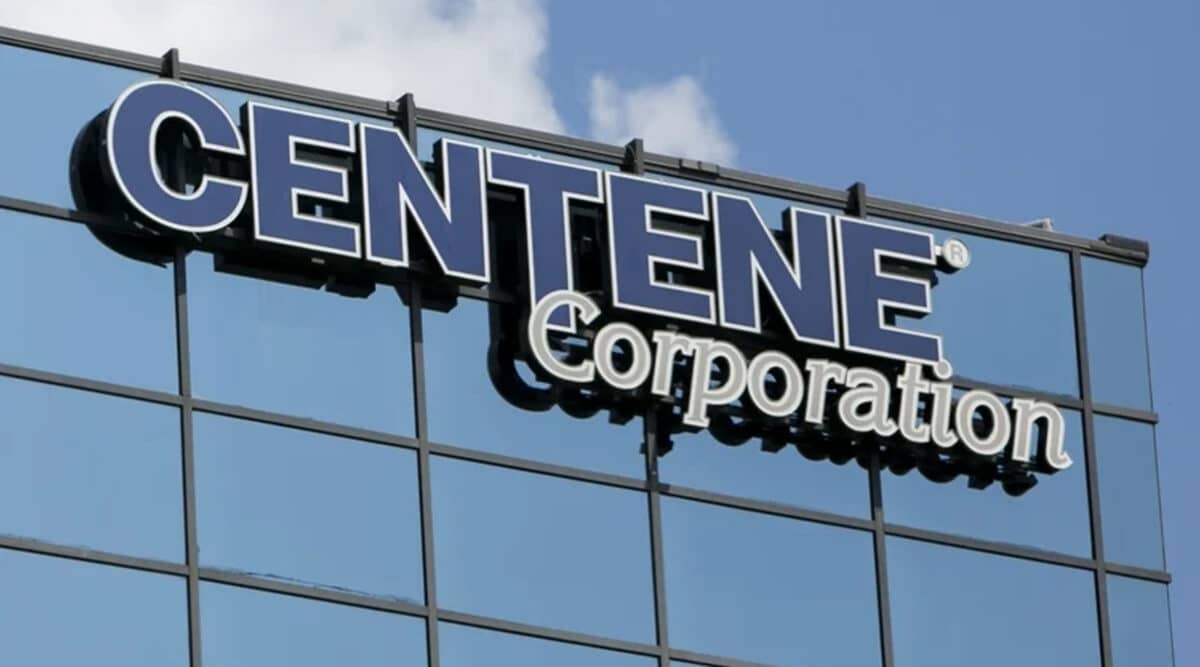Back in February we sent a report detailing an innovative network approach to alternate site / home infusion and it seems to be a topic that is gaining traction. Amerisource Bergen recently announced a broad home infusion solution for its many hospital clients.
AB has pushed targeted programs in the past tailored to help clients launch and then manage targeted business segments. For example, they created a program to help Oncologists launch office-based dispensaries for oncolytic drugs….. with the goal of generating office revenue that would otherwise go to specialty pharmacies.
Historically, hospitals have never been keen on home infusion as it has been complicated, messy to manage, and low margin. That is changing with healthy margins for uber-costly specialty meds increasingly being administered in the home. It also enables the hospital affiliated home infusion division to flip a patient back to hospital outpatient if higher levels of care are required.
So, what’s this AB program all about?
- Clinical expertise and pharmacy design
- Drug sourcing and logistics
- Payer strategy and prescription capture
- Patient access and workflow (inc’l software)
- Revenue cycle management
In short, AB has a soup-to-nuts solution for even the most squeamish hospital to dig into the home infusion muck.
—————————————————————————————
AmerisourceBergen Launches Home Infusion Solution for Health Systems NationwideAB’s offering works to optimize a health system’s site-of-care strategy and home infusion service line performance
April 28, 2022 — CONSHOHOCKEN, Pa.–(BUSINESS WIRE)–AmerisourceBergen (AB), a global healthcare company, today announces a program designed to help hospitals and health systems launch or optimize home infusion service lines.
As site-of-care strategies grow in importance, health systems with strong outpatient infusion center performance are increasingly leveraging home infusion to prevent potential care gaps, particularly as therapeutic advancements continue to broaden the range of treatments available for the home. Each phase of AB’s solution is designed to help health systems deploy and operate a clinically focused, sustainable home infusion program for patients that choose to receive care within a health system network.
While the infusions will be handled by the health systems’ clinical teams directly, AB’s solution serves to strengthen program strategy, business operations, logistics and more. AB has been a leader in specialty pharmaceutical services and distribution for more than 20 years, and health systems can now leverage this expertise as they look to create or refine a home infusion program for their patients.
More information on AB’s solution can be found here: www.amerisourcebergen.com/provider-solutions/home-infusion.
The core components of AB’s solution are as follows:
- Clinical expertise and pharmacy design – In-depth consultation and support with model design or optimization planning for operational excellence; the program will also provide support around clinical protocols, quality programs and accreditation.
- Drug sourcing and logistics – Support with contracting for home infusion products
- Payer strategy and prescription capture – Payer contracting support and prescription analytics through the Accelerate Specialty Network
- Patient access and workflow – Home infusion specific software that integrates with a health system’s existing electronic medical record
- Revenue cycle management – Support to mitigate revenue risk throughout the referral, intake, billing and collection process
“Perceived barriers to entry or prior negative experiences can often deter health systems from investing in home infusion programs, but AmerisourceBergen’s deep understanding of market dynamics, proven solutions, and leading expertise in specialty position us to address all areas needed for program success,” said Dan Teich, Vice President, Client Strategies at AmerisourceBergen. “We help our customers mitigate risk by ensuring that there is ample opportunity to warrant the investment, and that the program itself has all the components needed for successful and sustainable long-term performance.”
As a member of the National Home Infusion Association (NHIA) and their Future of Infusion Advisory Council, AB is committed to leadership and advocacy on behalf of home infusion providers across the United States.











